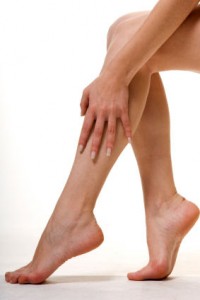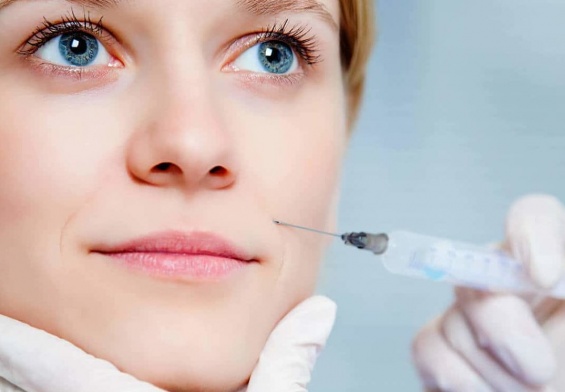 So you’ve survived the harsh climate changed winter and you’re looking forward to bathing in the hot sun. Yet your skin has been wrapped up for months and you need some way to prepare for the different challenges posed by sunshine. Here are seven skincare tips for when it’s hot out, as told by skincare experts and echoed by certified dermatologists in New Jersey. Some of these gems of advice are meant to make you look pretty, while others are meant to protect your health, such as drinking water and using sunscreen.
So you’ve survived the harsh climate changed winter and you’re looking forward to bathing in the hot sun. Yet your skin has been wrapped up for months and you need some way to prepare for the different challenges posed by sunshine. Here are seven skincare tips for when it’s hot out, as told by skincare experts and echoed by certified dermatologists in New Jersey. Some of these gems of advice are meant to make you look pretty, while others are meant to protect your health, such as drinking water and using sunscreen.
Drink Water to Hydrate Your Skin
This might seem obvious but one effective way to keep your skin beautiful and healthy is drink lots of water. You should be drinking at least six or seven glasses of water a day to keep hydrated, which will also maintain your skin’s shiny glow.
Banish Body Acne with Salicylic Acid
Summer means that breakouts occur in places other than your face because sweat can stick to your clothes, cause friction and clog pores. These conditions can lead to pimples on your back, chest and elsewhere. Some dermatologists recommend using a body wash with salicylic acid such as Neutrogena Body Clear Pink Grapefruit.
Use Sunscreen
The first thing you should do when preparing for the sun is wear sunscreen. If you’re overexposed to the sun you can suffer sunburn, premature aging of the skin, wrinkling and skin cancer, including melanoma. Melanoma is the most dangerous type of skin cancer.
When to apply sunscreen: You should apply sunscreen at least 30 minutes before being out in the sun. Don’t forget to reapply sunscreen after swimming or rigorous exercise. You should also reapply sunscreen through the day if you’re working outside.
How to apply sunscreen: You should shake well before use in order to make sure that the particles don’t clump. You should also make sure that you use enough of it, at least an ounce so as to cover your entire body.
What to look for when you buy sunscreen: Look for a broad spectrum sun screen that protects against UV-A and UV-B rays and has a sun protection factor (SPF) of at least 15. You should use a water based sunscreen if you have oily skin or are prone to acne.
One word: Exfoliation
If skin attractiveness is your goal, then you really have to consider a good scrub. Your body’s skin sheds cells at an amazing rate and if you don’t get rid of them they’ll just be sitting on your skin which will give you a dull sheen. You just can’t have glowing skin without exfoliation.
Drink Green Tea
While we hope you’re using sunblock to protect your skin and also using protective covering during especially hot days, one odd way to protect yourself, according to the most recent science, is to drink a lot of green tea. Green tea has been shown to be effective at fighting cancer causing carcinogens and reducing inflammation. You can even use green tea as a compress that you can use to counter sunburn.
Cool Down If You Have Rosacea
If you have the recurring condition of Rosacea which causes swelling, redness and pimples on your face, this becomes worse in the summer. High summer temperatures can make this disease both more frequent and more intense. You can cool down by carrying a spray mister of water. You should also stay away from hot drinks that worsen flushing — the result of Rosacea is that it looks like you’re blushing — and instead choose something cool with ice. Skip hot soups altogether.
Soothe Over Exposed Skin
Sometimes you might forget the sunscreen, didn’t apply enough or you got caught in the sun for hours. Even though the damage has been done you can use cooling gels and botanical creams to prevent peeling and to limit inflammation and redness. You should apply such creams liberally to the damaged areas. This should be done ideally as soon as you see that pink burning glow. Since blistering sunburn increases your risk of melanoma never forget to get a yearly skin exam by a physician of your choice.
This is by no means a complete list and you should always consult a certified professional if you have serious concerns or questions about your skin health.



